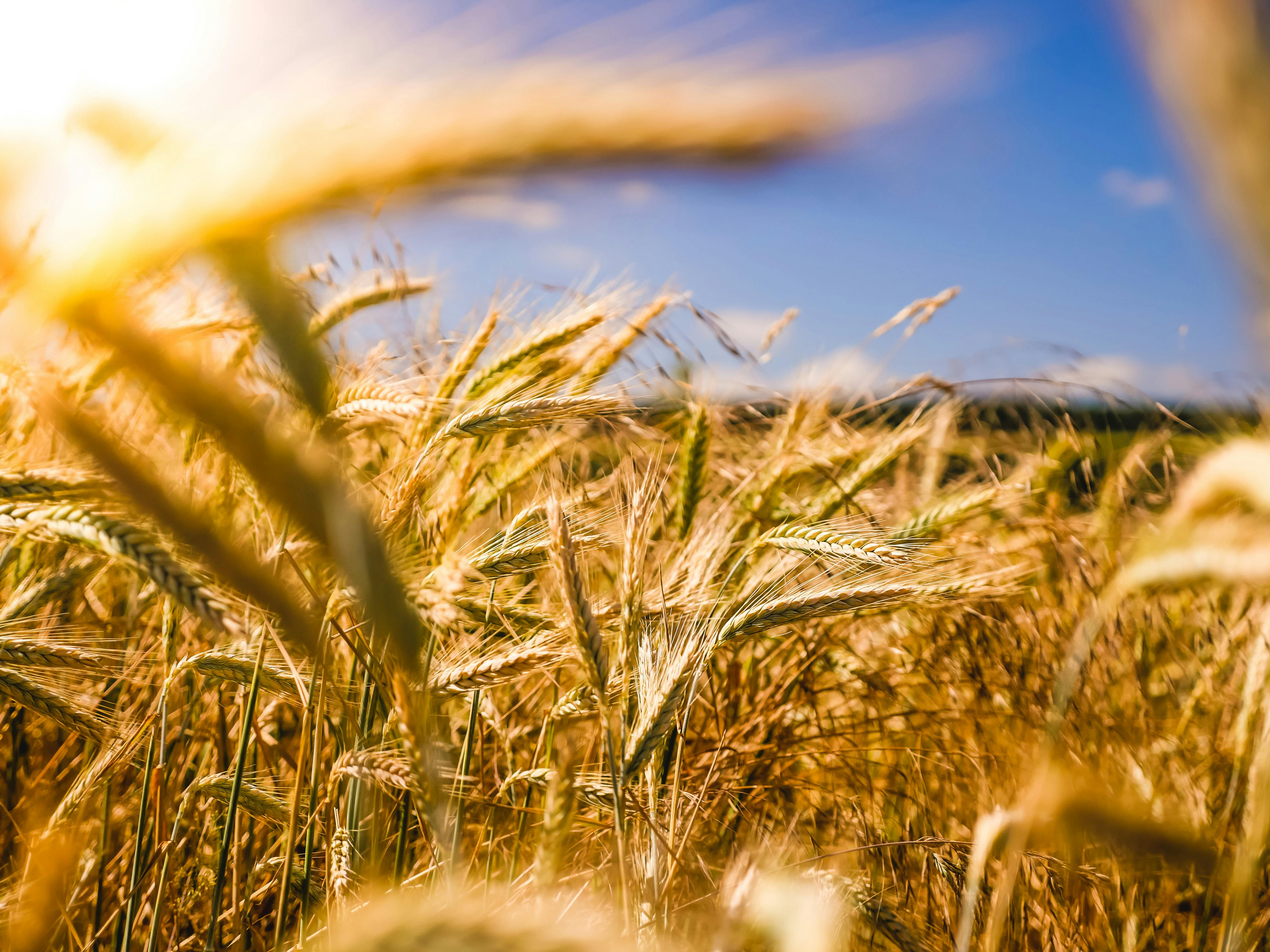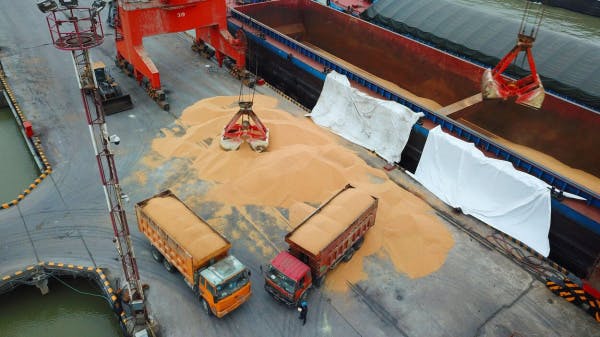GRAPE 3: Transforming the European agri-food system: now more than ever a matter of necessity
Taking place on European soil, this war poses major humanitarian, political and security threats; it has also triggered energy and food security challenges, with major implications for agricultural and food systems in Europe and the world. The current situation shows that with the concentration of exports and food supplies in the hands of only a few countries, both European and international food systems are vulnerable to shocks.
This crisis comes at a time when the European Union (EU) has pledged to develop a "fairer, greener and more performance-based" agricultural policy as part of its Common Agricultural Policy reform, due to come into force in 2023.
That said, the halt in Ukrainian and Russian exports as a result of the war could cause a "hurricane of hunger" according to UN Secretary General Antonio Guterres. In this context, the need to increase European agricultural production in response to the emerging food crisis is being debated among Member State leaders, which could jeopardize the environmental objectives set.
To tackle this question, it is important to measure the impact of the war in Ukraine on the EU’s agri-food systems. The disruption in international food production and trade caused by the war has already had severe repercussions on world hunger and on those countries most dependent on grain or fertilizer imports from Russia and Ukraine. Any short-term response to the current situation must avoid protectionist measures as a way of compensating for supply losses. Instead, open trade should be maintained and financial support for the World Food Programme should be scaled up. The EU, which will be particularly affected by rising input prices, must support global food security by ensuring the proper functioning of global supply chains in providing sufficient, safe and affordable food for all.
It is not enough to simply consider responses that address the immediate future; we must also consider the long-term. To ensure food security in the EU, we need to make our agri-food systems more resilient to tomorrow's crises; in other words, we need to make these systems sustainable. To reach environmental, but also economic and social sustainability, the EU needs to break down existing barriers to change and align policies with common objectives, develop a long-term vision, establish a more coherent governance structure, and ensure the fair distribution of responsibilities and costs along the food value chain.







